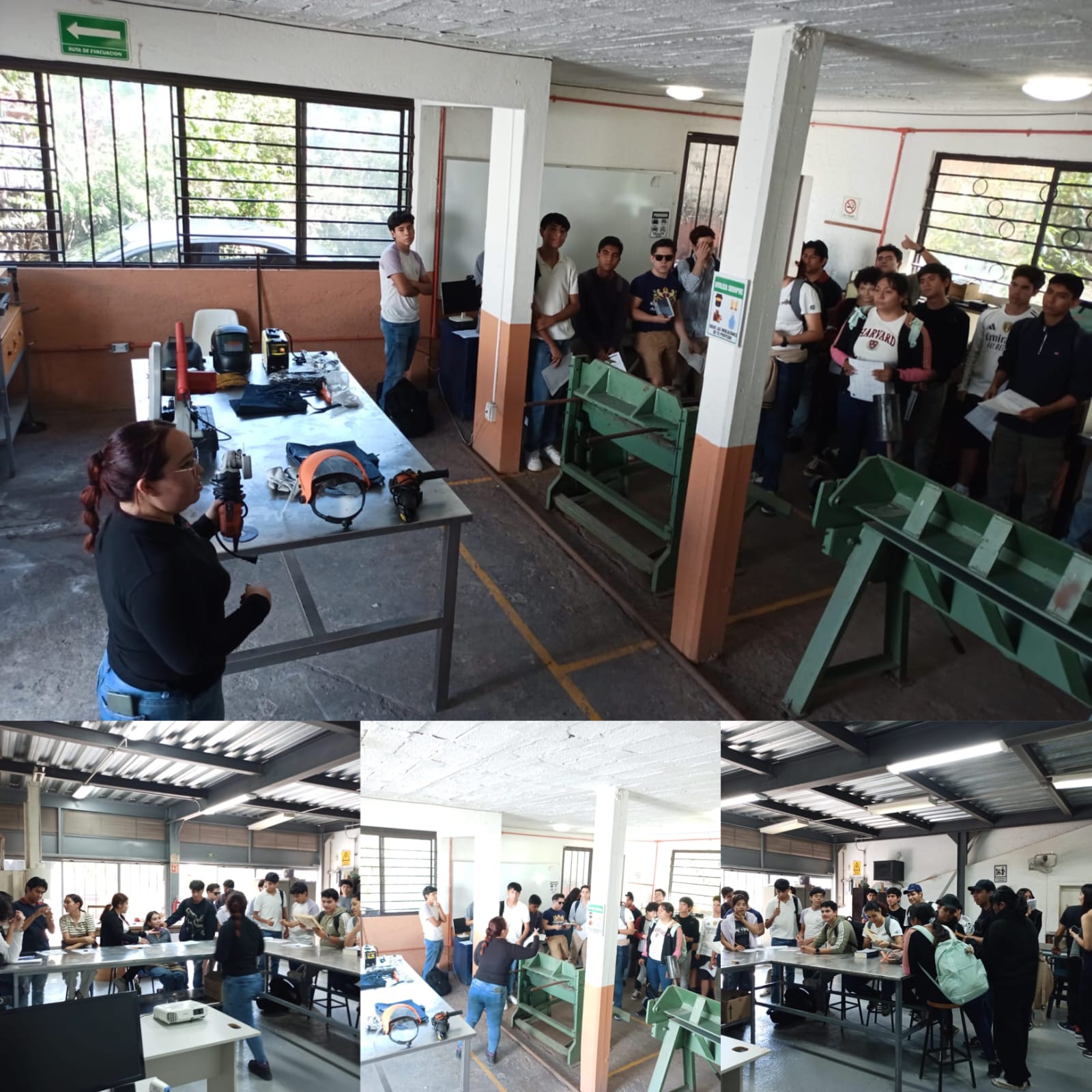Destructive testing (DT) is a method used to determine the point at which a material, component, or asset fails under stress. This testing method intentionally deforms or destroys the sample to gain insights into its properties, such as toughness, hardness, flexibility, and strength. It is also known as destructive physical analysis (DPA) or destructive material testing (DMT).

Why is Destructive Testing Important?
Destructive testing aims to understand how materials behave under various conditions. As a result, it helps identify the limits of components and provides accurate recommendations for their operation, maintenance, and replacement. Moreover, DT methods play a critical role in failure analysis, process validation, materials characterization, and engineering critical assessments. They often complement non-destructive testing (NDT) techniques like digital radiography.

Destructive vs. Non-Destructive Testing
There are key differences between destructive testing (DT) and non-destructive testing (NDT) that determine when and how each method is used:
- Destructive Testing (DT): Physically alters or destroys the material to determine its failure point. It is usually conducted before mass production or prior to the actual application of a component to understand its behavior under stress.
- Non-Destructive Testing (NDT): Inspects materials or components without causing any damage. It is typically used on assets already in use to detect early signs of damage, inform maintenance schedules, and prevent operational failures.
Industries That Rely on Destructive Testing
Since DT helps ensure the safety and reliability of materials, it is widely employed in sectors such as:
- Aerospace
- Automotive
- Chemical
- Construction
- Defense
- Electrical engineering
- Manufacturing
- Oil & Gas
- Petrochemical
- Power generation
In addition, professionals such as chemists, material scientists, quality control analysts, and regulatory compliance experts are directly involved in conducting and analyzing DT results.

Industries That Rely on Destructive Testing
Since DT helps ensure the safety and reliability of materials, it is widely employed in sectors such as:
- Aerospace
- Automotive
- Chemical
- Construction
- Defense
- Electrical engineering
- Manufacturing
- Oil & Gas
- Petrochemical
- Power generation
In addition, professionals such as chemists, material scientists, quality control analysts, and regulatory compliance experts are directly involved in conducting and analyzing DT results.
Destructive testing plays a crucial role in ensuring the safety, reliability, and performance of materials across various industries. By identifying material limitations through DT, organizations can make informed decisions about design, usage, and maintenance, ultimately ensuring compliance with industry standards.


